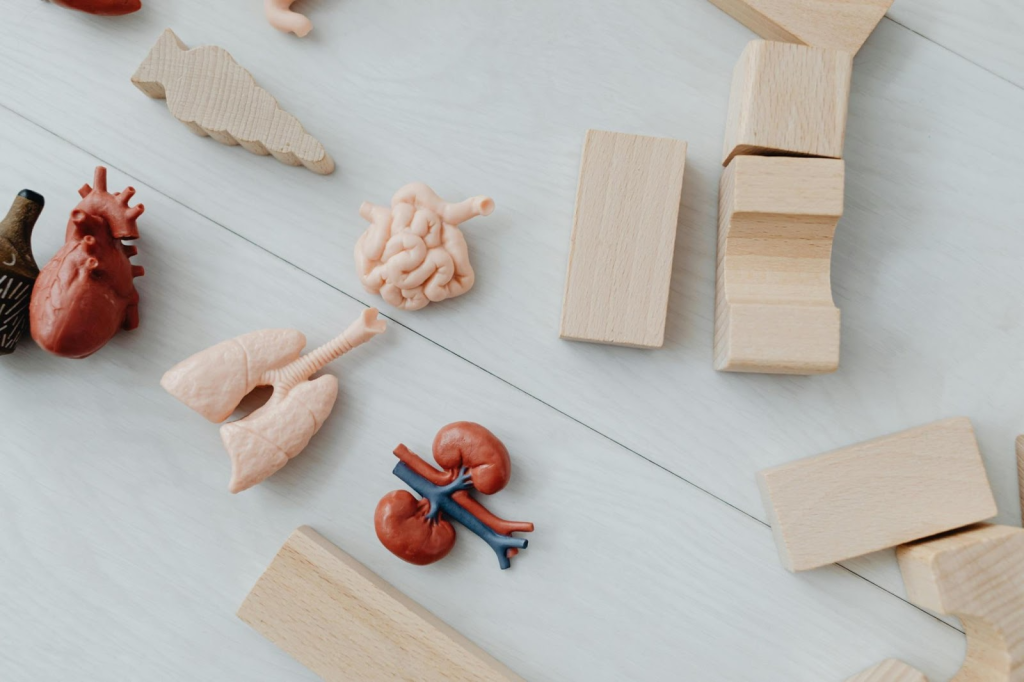Kidney Health: Everything You Need to Know

Image Source: Pexels
Caring for your kidneys is one of the most crucial things you can do for your health overall. They work behind the scenes every day, eliminating waste and keeping your body in balance. When your kidneys are not healthy, the rest of your body suffers. That is why learning the fundamentals of kidney health keeps you making better decisions about diet, lifestyle, and doctor visits.
Warning Signs You Can’t Afford to Ignore
Kidney issues tend to have subtle symptoms early on. Watch out for these:
- Swelling in your ankles or legs
- Abnormal fatigue or weakness
- Urination changes
- Persistent back or side pain
- Uncontrolled high blood pressure
A diagnosis of these conditions early on allows physicians to better control the disease and avoid potential problems.
Primary Blood Tests That Show Kidney Function
Physicians use blood tests to test whether your kidneys are functioning correctly. Two significant indicators usually discussed are uric acid and BUN (blood urea nitrogen).
Uric acid measures indicate how efficiently your body deals with and eliminates purines, which are in some foods and normal body functions. When they become too high, you are at risk for gout and kidney stones.
BUN levels indicate how effectively your kidneys eliminate nitrogen waste from your blood. Higher results usually indicate dehydration, stress on the kidneys, or potential kidney disease.
Daily Habits That Preserve Kidney Function
You don’t have to wait for a diagnosis to take care of your kidneys. Below are habits that work:
Stay hydrated: Drinking water aids in flushing out toxins for your kidneys.
Cut back on processed foods: Excess salt, added sugars, and saturated fats overload your kidneys.
Exercise regularly: Exercise gets blood flowing and reduces blood pressure.
Watch your weight: Being overweight puts you at risk for diabetes and high blood pressure, both big risks for the kidneys.
Avoid smoking: Cigarettes do a number on blood vessels, making it more difficult for the kidneys to remove waste. These easy tweaks decrease risk and build kidney resilience.
How Food Affects Kidney Health?
What you eat has a direct impact on the function of your kidneys. To be kidney-friendly, focus on:
- Fresh fruits and vegetables
- Whole grain rather than refined carbohydrates
- Low-fat dairy in moderation
- Lean protein foods such as fish and chicken
Take note of portion sizes. Even nutritious foods can be problematic if consumed too much. Organ meats, anchovies, and shellfish are high-purine foods that raise uric acid levels, putting pressure on your kidneys over time.
When to See a Doctor?
Regular checkups are recommended if you have diabetes, high blood pressure, or a history of kidney disease in your family. Even if you are asymptomatic, regular testing is a big help. A simple BUN test can warn doctors of early kidney stress before any symptoms show up. That little step could head off major complications later.
Wrapping Up
Your kidneys are in need of your attention now, not down the road. By being educated, adopting lifestyle changes, and tracking important markers such as uric acid and BUN, you guard one of the most critical systems of the body. Health is not about pushing issues off until they become great; it’s about prevention and maintenance every day.